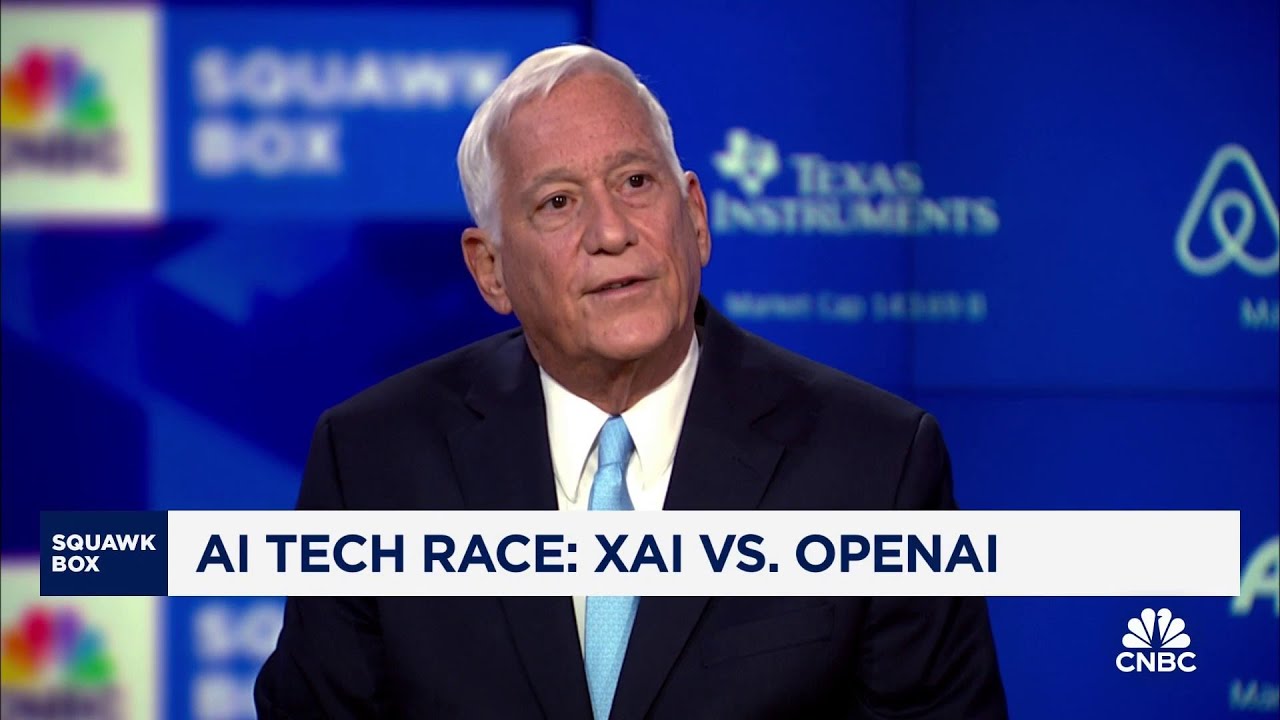Walter Isaacson discussed the competitive AI landscape, focusing on the rivalry between Elon Musk’s xAI and OpenAI, highlighting Musk’s strategic advantages in data acquisition and resource management. He emphasized Musk’s mission for AI safety through a diverse range of developers, suggesting that a competitive environment may provide necessary checks and balances in the evolving field of artificial intelligence.
In a recent discussion, Walter Isaacson, an author and expert on Elon Musk, shared insights on the competitive landscape of artificial intelligence (AI), particularly focusing on the rivalry between OpenAI and Musk’s xAI. He noted that OpenAI has recently raised significant funds, surpassing the $6 billion mark that Musk achieved earlier in the year. Isaacson highlighted the historical tension between Musk and Sam Altman, the CEO of OpenAI, stemming from their shared beginnings at OpenAI, which has since transitioned from a non-profit to a more closed, profit-driven entity.
Isaacson emphasized the importance of data in the AI race, particularly as Musk prepares to unveil new technologies like Robotaxi. He pointed out that Musk’s acquisition of Twitter provided him with a vast data feed, which, combined with Tesla’s extensive data collection from its vehicles, positions xAI to leverage real-world data for AI development. This access to data is crucial for training AI systems, especially those aimed at real-world applications like autonomous driving.
The conversation also touched on Musk’s approach to integrating various technologies across his companies, including Tesla, SpaceX, and Neuralink. Isaacson suggested that Musk’s strategy involves blurring the lines between these entities to foster collaboration and innovation. He indicated that Musk’s ability to secure necessary resources, such as NVIDIA chips, has been a significant factor in xAI’s rapid development, despite the company being relatively new to the AI field.
Isaacson compared the current state of AI development among major players, noting that while Google has strong capabilities through its DeepMind division, it has not been able to maintain a leading edge against competitors like OpenAI and xAI. He attributed part of this to Musk’s strategic acquisitions and resource management, which have allowed him to advance quickly in the AI space. The discussion also raised questions about the future of AI governance and whether a competitive landscape with multiple players would be safer than a concentrated approach.
Finally, Isaacson reflected on Musk’s overarching mission regarding AI safety, suggesting that Musk believes in the necessity of having multiple AI entities to ensure checks and balances. He acknowledged the complexity of determining whether AI would be safer in Musk’s hands compared to Altman’s, emphasizing that the debate over the optimal number of AI developers is ongoing. Isaacson concluded that while there may be a consolidation of players in the future, the current landscape suggests a competitive race among several key companies, with the potential for three to four major players emerging in the long run.
